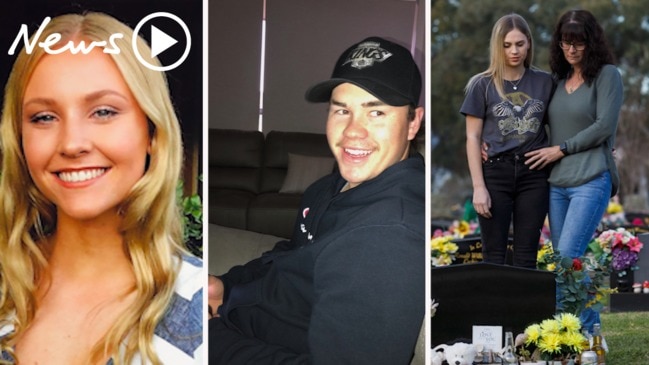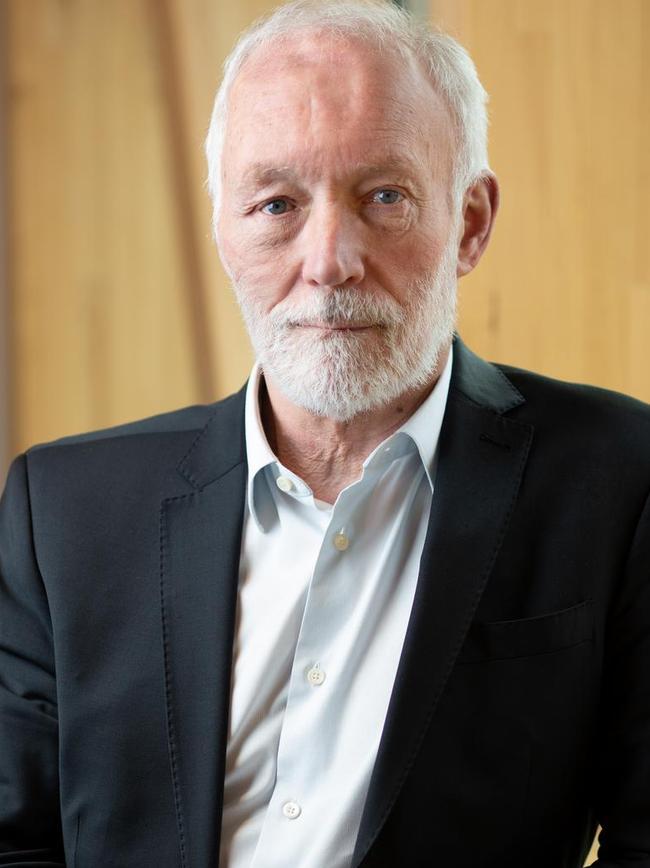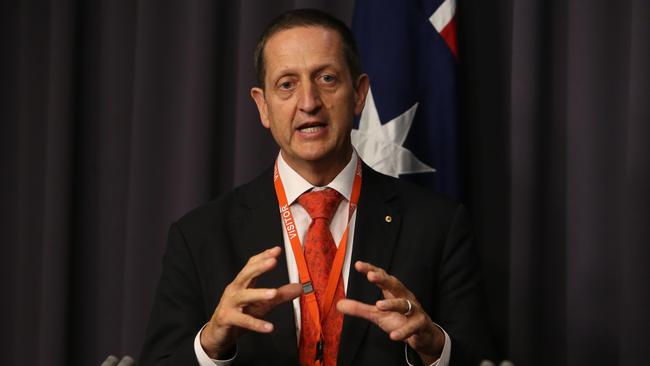Experts create script to help parents talk to their kids about mental health and suicide
Mental health experts have compiled a script to help parents have a “birds and the bees” style discussion with their kids to break down the stigma surrounding youth mental health as NSW suicide rates among young people reach their highest level in 15 years. SEE THE VITAL TALKING POINTS HERE

Parents need to equate puberty’s huge bodily changes with a corresponding shift in their mindsets as part of a new discussion aimed at stemming the rising tide of youth suicide.
And one of the most vital aspects of these discussions are to get children aware of staying on top of their mental health around age 11-12 before they go through the ‘I’m not talking to my parents’ phase.
This is the warning from experts as international trends in the US, UK and Australia reveal how children are engaging in self harm and suicideal behaviour at a younger age than what they were 10 years ago.

In a script put together by Orygen’s Professor Patrick McGorry and Associate Professor Jo Robinson, parents are urged to use certain lines warning their children that “just as you are having huge changes in your body similar things are happening in your mind”.
THE SCRIPT: You can use lines like
“You will experience stronger emotions than what you’ve ever felt which may be very difficult to handle.
“The big pressure points will be friendship groups, the possibility of bullying and school.
“Friendship groups can be fickle and change quickly – especially when you are moving into high school.
“It’s important to remember that the friends you have now may not be the same group you have later on.
“This is one of the best times of your life because you are becoming your own person.
“But you can’t let becoming your own person come at the expense of your own wellbeing.
“You also can’t let that evolving independence stop you from reaching out to me or other people.
“To feel disappointed and sad is normal, but if you are struggling on an ongoing basis then you need to reach out to someone you trust.
“That could be me, someone else in the family or someone who is older.”
A crisis in a young person’s life – a break up, friendship troubles, a major disappointment etc – is also a big opportunity to understand what’s going on in their heads and to get them to open up.
“I’ve noticed that your mood has changed. Is there any reason for that?
“Is there anything that you are looking forward to? Why don’t we see if you can do more of that.
“It’s understandable at your age to be more moody and emotional than usual, but feeling an ongoing depression, self harming or having suicidal thoughts is not normal.
“Psychosis and eating disorders are some things that young people suffer from, but there is also plenty of help out there.”
The two experts also recommend wrapping this talk in with the puberty discussions around age 11-12 and noted that it could also be helpful to do it while engaged in something else like driving, watching TV, walking or doing something where you are not necessarily eye-to-eye.
SUICIDE THE NEW BIRDS AND BEES TALK
As many as 10 per cent of young Australians will self-harm at some point in their lives.
Sydney University’s Brain and Mind Centre co-director Professor Ian Hickie said 12-year-olds are exhibiting the same “frightening” behaviour that previously surfaced in the average 16-year-old less than a decade ago.
Prof Hickie said while the causes of this change remains a mystery, it has underscored the need for parents to have a “birds and bees” style conversation with their kids about how to deal with heightened emotions.
“It’s a really tricky age to be having these sorts of conversations because a lot of boys are very immature and a lot of girls are experiencing severe emotionality that they have not experienced before,” Prof Hickie told The Sunday Telegraph.

“The conversations are about coping with emotional distress, transitioning to high school, letting them know that it’s normal to have sudden and deep changes and feelings and planning on how to deal with that.”
The state’s youth suicide rates are at their highest level in 15 years, with 54 people under the age of 18 dying by suicide in 2016 and 2017.
Separate research said the economic impact will increase the number of NSW suicides in 15-24-year-olds by 30 per cent in the next five years.
Teenagers’ unprecedented access to social media is thought to be a big part of the change.
Prof Hickie said whereas previous generations could keep a lid on conversations about self-harm and suicide, in today’s interconnected world that is impossible.
He said it is also not an option simply to ignore it.
“There needs to be more open dialogue between parents and the teaching community and if there are clusters of suicidal behaviour and self harm, parents need to be involved,” Prof Hickie said.
“And if you’re not getting the information from the school, talk to other parents and see what you can find out.
“Often there are at least a few parents who are in the know — perhaps because they are more tech-savvy or more in tune with the kids. Other parents can be oblivious. It’s worth asking around.”
Originally published as Experts create script to help parents talk to their kids about mental health and suicide
